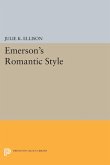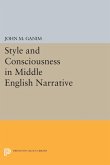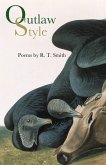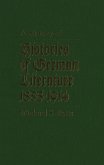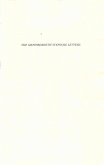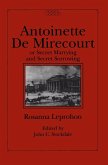Using socially and culturally engaged discourse stylistics, Fulton explores ideologies of social formation, gender, and sexuality in the novel. The first part of the study, "e;Styles of Meaning,"e; discusses Richardson's use of the genres of sententiousness (moral sentiments and proverbs) to engage questions of ideology. Fulton shows how Richardson draws on the socially significant difference between proverbs and maxims to develop contrasting styles in which his characters establish and defend personal identities in relation to family and friends. The second part, "e;Meanings of Style,"e; explores ways in which meanings created through linguistic choices in the critical domains of gender and sexuality both sustain and sometimes betray characters struggling either to control or to resist being controlled by others. A contribution to both critical discussion of eighteenth-century fiction and to discourse stylistics committed to relating literary texts to their social and cultural contexts, this study introduces a mode of literary stylistic analysis with exciting possibilities for cultural studies.
Dieser Download kann aus rechtlichen Gründen nur mit Rechnungsadresse in A, B, BG, CY, CZ, D, DK, EW, E, FIN, F, GR, HR, H, IRL, I, LT, L, LR, M, NL, PL, P, R, S, SLO, SK ausgeliefert werden.



